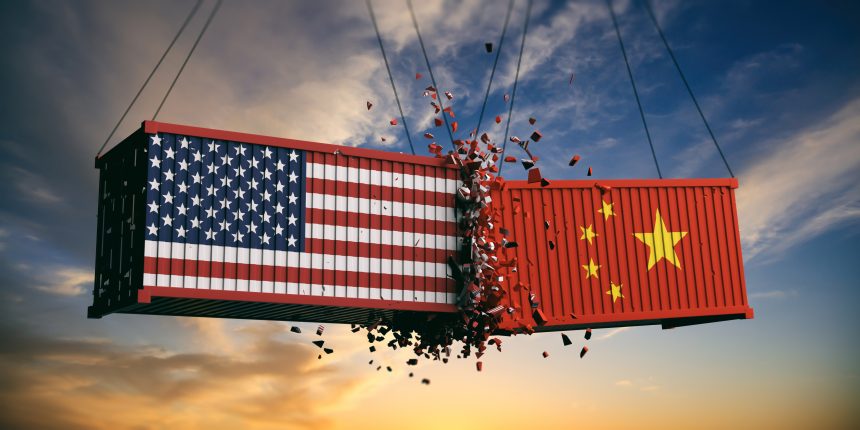The electoral defeat of Donald Trump and the inauguration of Joe Biden as president of the United States has restored some optimism to Spanish producers after a first measure taken by the Democrat just a month and a half after acceding to the White House: he declares a truce in the trade ‘war’ with the European Union and lifts tariffs imposed on products from across the Atlantic.
In the case of the Region of Murcia, the products most benefited by the measure are cheese, wine and lemons. The truce is for four months, pending a period of negotiation between the new U.S. administration and European technicians.
Origin of the tariff conflict
It all began in 2004, when the then government of George Bush denounced the European Union before the World Trade Organization (WTO) for the public economic aid provided to the Airbus aeronautical consortium. The U.S. believed that this alleged favorable treatment was detrimental to the U.S. aeronautics company Boing. The aid was not direct investment, but loans to Airbus at below-market interest rates.
After six years of litigation, the WTO ruled in 2010 that the EU should stop providing this support and committed to eliminate such credits in 2011. The US administration was not satisfied as it considered that the European countries were still in contravention of the WTO ruling and requested arbitration, which was settled seven years later in 2018. The US was winning again and now with WTO authorization to impose tariffs in an amount equivalent to the alleged damage Boeing had suffered from the aid to Airbus. The ‘damage’ was estimated at 6.9 billion euros per year, of which Spain, as a member of the European aeronautical consortium, had to assume close to 1 billion.
The entry into force of the tariffs, which were set at 25%, took place on October 18, 2019 and it was estimated that the decline in Spanish sales to the United States would be reduced by around 12% in the main exported products: olive oil, wine, olives, cured meats, pork, juices, liquors, mollusks and canned fruits.
Financial impact on exports
The latest calculations of the Customs department and provided by the Bank of Spain conclude that Trump’s tariff hike has affected 7.4% of Spanish sales to the United States, which translated into amount would be about 130 million euros, of which about 40 million would correspond to Murcia exporters.
In cheese, the Region of Murcia exports around 14 million euros annually to the United States; in wine, just over 16 million and spirits, sales to the U.S. account for about 5.5 million euros. In lemons, the volume of sales is lower, about two million euros, although the market had multiplied by five its exports to that country, which shows the clear progression of sales and that could be truncated if tariffs are maintained.
These tariffs are not a de facto impediment to continued sales. However, an increase in the price of the product by up to 25%, with an additional cost to be paid by the buyer, did cause importers to look for cheaper products in countries that were not affected by the tariffs. In addition to prices, Spanish producers have suffered the consequences of the psychological effect of the extreme protectionism that Donald Trump wanted to apply during his term in office.
The first positive effect of the truce in the ‘tariff war’ will be experienced by lemon producers. Its interprofessional, Ailimpo, expects to resume large-scale export of regional product with a first 5,000 tons that may leave Murcia from April and recover the progression of sales that had been interrupted in 2020 by the overprice to be paid.
They are also confident that this four-month truce (until June) is a first step towards the definitive disappearance of tariffs, so that in October could begin large-scale export of citrus fruits of the 2021-2022 campaign, especially lemon of the Fino variety.
Murcian exporters as a whole sold products worth 431 million euros to the United States in 2020, which represents 4.3% of the total volume of foreign sales. In a ranking by country, the U.S. ranked sixth in a list headed by France (1,383 million); Germany, 1,122 million; United Kingdom, 645 million; Italy, 887 million and the Netherlands, 602 million euros.


